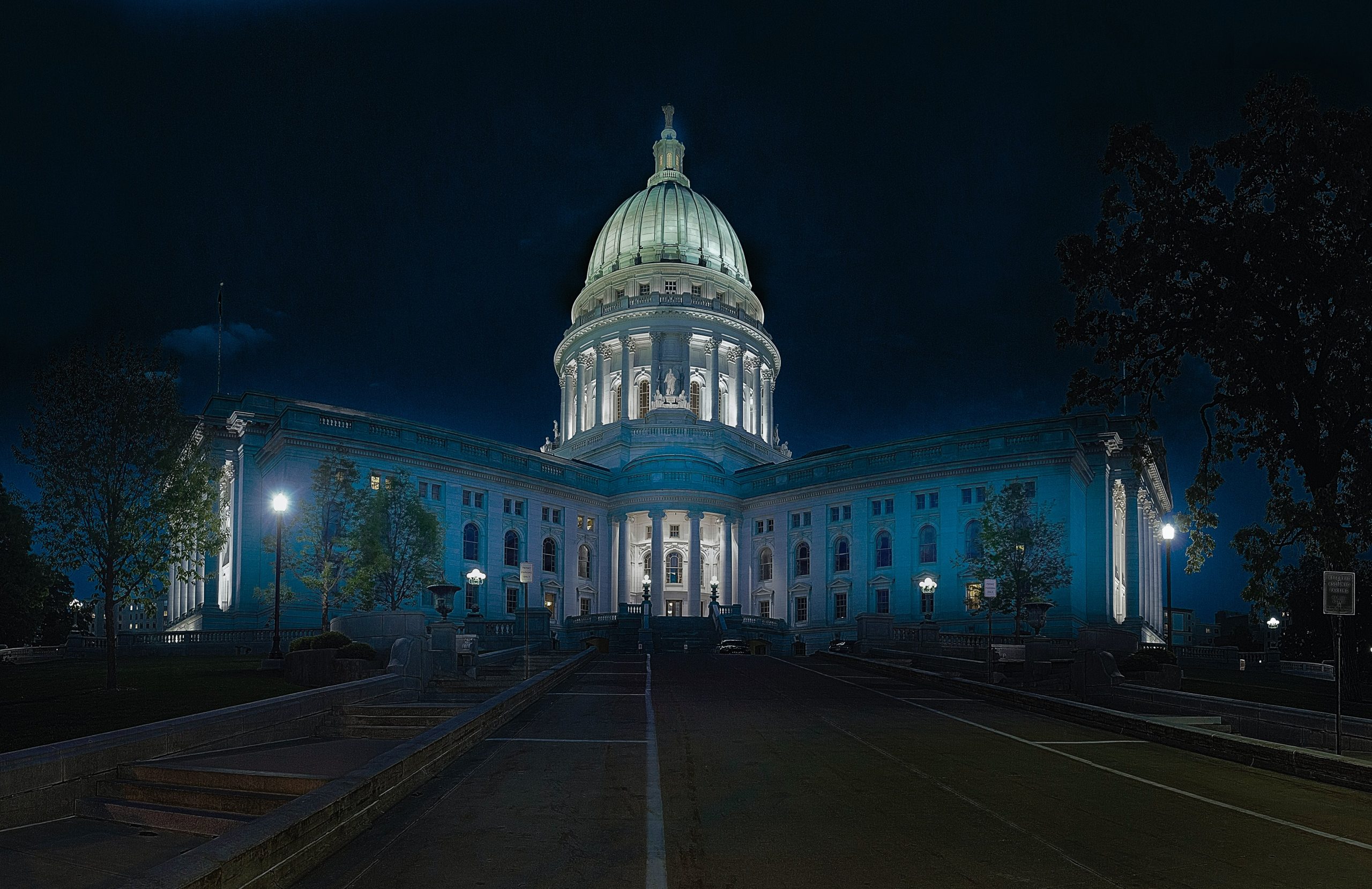
Willie R. Tubbs, FISM News
[elfsight_social_share_buttons id=”1″]
If a growing wave of states and lawmakers get their way, the republic will cease to be a republic and become a democracy, at least as pertains to presidential elections.
As reported in more detail by Upward News, 15 states and the District of Columbia have thus far joined the “National Popular Vote Interstate Compact” (NPVIC), a one-issue special interest that seeks to rally enough states’ support to end the electoral college.
“The National Popular Vote Interstate Compact will guarantee the Presidency to the candidate who receives the most popular votes across all 50 states and the District of Columbia,” the organization’s site reads. “The Compact ensures that every vote, in every state, will matter in every presidential election. The Compact is a state-based approach that preserves the Electoral College, state control of elections, and the power of the states to control how the President is elected.”
It’s a debate older than the nation. Should Americans elect presidents by simple majority or should the process be constructed in such a way as to balance the weight of votes among a variety of populations?
The issue has been and no doubt will continue to be divisive.
Per the design of the founding fathers, the United States exists as a federal republic, not a democracy; so, in theory, the electoral college is the approach that should hold sway. It is, after all, the method by which we ensure that more and less populous states are generally well represented at the federal level.
However, NPVIC supporters point to the fact that not all states are sufficiently pandered to by Democrats and Republicans in the runs up to presidential elections. In 2012, for example, 38 states were passed over by Barack Obama and Mitt Romney.
But, what pro-popular vote supporters fail to share is that a national popular vote would replace one problem with another.
If the complaint today is that big-ticket and battleground states get the lion’s share of attention, a national popular vote would result in large cities wielding virtually all of the power in federal elections.
Given that the bulk of the American population lives on or near the East or West Coast, an aspiring president could literally fly over Middle America and still have a reasonable chance to win.
The new system would result in people in large cities having full sway over, rather than shared governance with, their rural counterparts.
Worse still, as explained in substantially more detail and with more eloquence by Allen Guelzo of National Affairs back in 2018, in canceling the Electoral College states would be effectively canceling themselves.
“Abolishing the Electoral College now might satisfy an irritated yearning for direct democracy, but it would also mean dismantling federalism,” Guelzo wrote. “After that, there would be no sense in having a Senate (which, after all, represents the interests of the states), and eventually, no sense in even having states, except as administrative departments of the central government.”
Michael C. Maibach, writing for the National Endowment for the Humanities in 2016, offered the most damaging case against a national popular vote: it doesn’t actually yield a majority winner.
“[Often] no one receives fifty percent of the national vote because of third-party candidates such as Roosevelt and Debs (1912); Wallace (1968); Perot (1992); and Nader (2000),” Maibach wrote. “In the 57 presidential elections since 1789, no candidate received fifty percent of the vote on 18 occasions, including Lincoln (39.7% —1860); Wilson (41.8% — 1912); Truman (49.6% —1948); Kennedy (49.7% —1960); and Clinton (43% — 1992, and 49% — 1996) to name the most famous “minority presidents.” In contrast, all won a majority of the states’ Electoral College votes!”
This small wrinkle of reality has not stopped Democrats (primarily) from pushing for NPVIC.
NPVIC has been around since 2007, but it wasn’t until Donald Trump lost the popular vote but won the Electoral College in 2016 that it saw its largest leap in membership.
Five states carrying 33 electoral votes joined the compact. And those electoral votes are key. In a humorous irony, the only way for the NPVIC to end the Electoral College would be to amass enough electoral votes.
At present, NPVIC has 195 electoral votes spread among its 16 members. According to Upward, nine states with 92 electoral votes could join in coming years.
But the success of NPVIC hinges on Democrat success or lack thereof in state elections. Democrats have won all but one popular vote dating to the first election of Bill Clinton and no doubt view a national popular vote as their ticket to permanent power.
Only George W. Bush in 2004 can boast of having won both the electoral college and popular vote as a Republican during that time frame.
